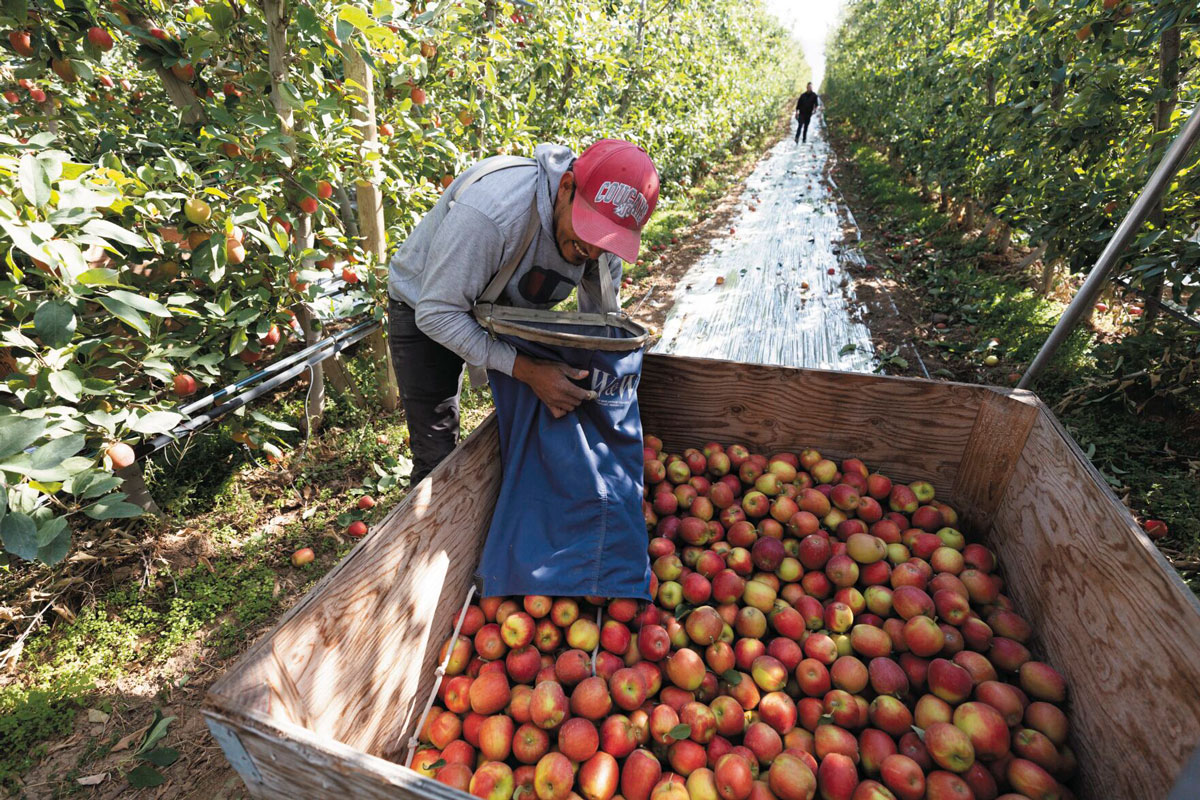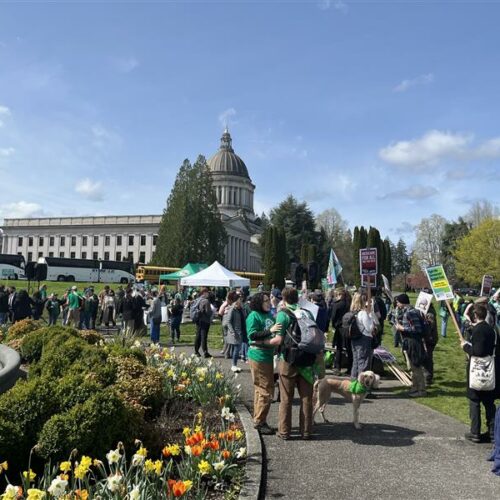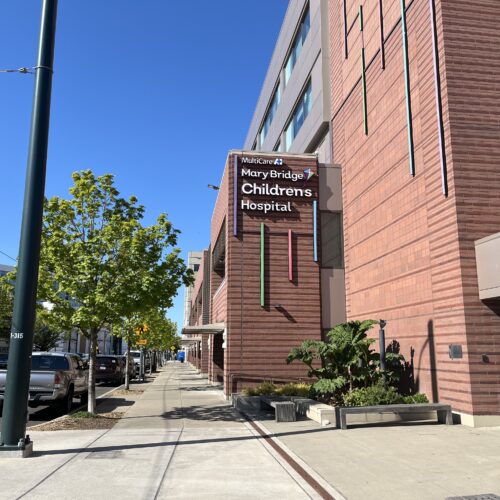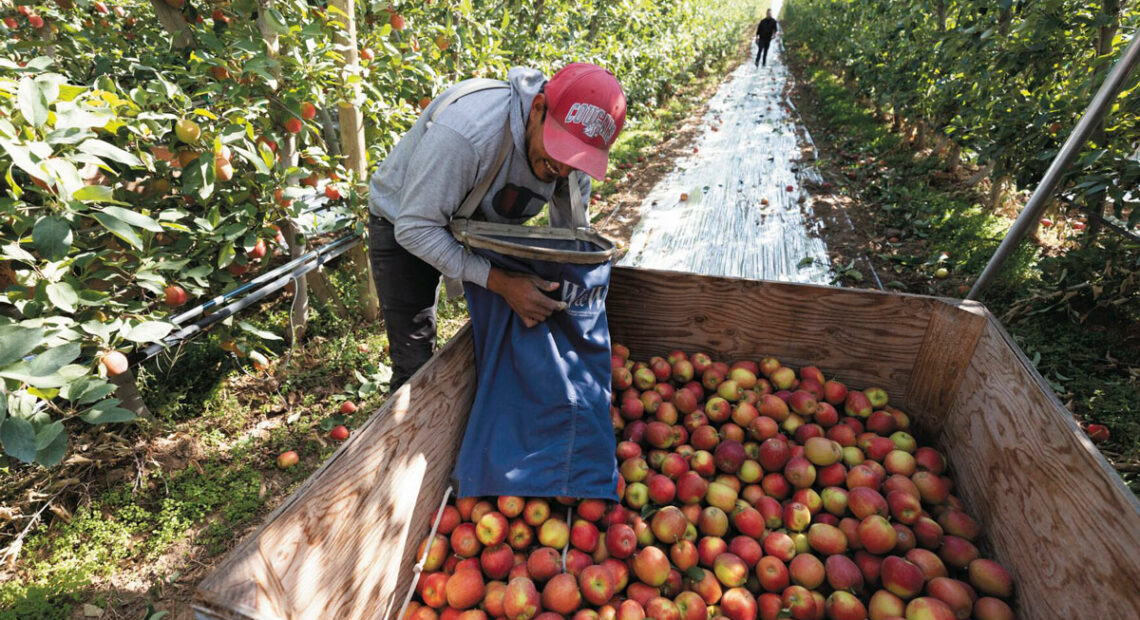
Labor shortages and deportation fears threaten Washington agriculture
Listen
(Runtime 1:03)
Read
In Washington state, agricultural labor shortages have become a pressing concern for many in the industry. With potential mass deportations being proposed by President-elect Donald Trump, farmers in Washington face tough questions. Could the state’s agricultural sector depend solely on H-2A workers?
Washington state is home to more than 340,000 undocumented immigrants, ranking ninth in the nation in 2022, according to an estimate by the Office of Homeland Security Statistics.
According to an estimate by the Migration Policy Institute, more than 29,000 undocumented people in Washington are working in agriculture. Washington’s agriculture production value in 2022 was worth over $12.8 billion. There are over 35,900 farms within the state, and 95% of these farms are family-owned, according to the Washington Department of Agriculture.
Jeff Luckstead, a professor at the School of Economic Sciences at Washington State University, warns that current labor shortages and rising costs are already straining farmers.
“The real issue is there’s this relatively small labor supply, and if mass deportation occurs, that’s going to shrink the labor supply further. Simple supply and demand tells us that’s going to drive the wage rate up,” Luckstead said. “Even without this mass deportation, growers have been struggling to figure out ways to get around the labor issue. This is just going to make it worse.”
For instance, harvesting orchards in the U.S. has historically relied heavily on migrant labor due to its seasonal and physically demanding nature, according to Karina Gallardo, a professor and extension economist at Washington State University.
“Many of these workers who originally filled essential agricultural roles are aging out of the physically intensive work, while others who settled in the U.S. seek year-round, higher-paying jobs in other industries,” Gallardo said. This decline in available labor has created an imbalance as agricultural demands grow, especially with modern high-density planting techniques. Crops are planted closer together, which requires more workers to care for them.
The federal H-2A visa program is designed to address labor shortages in agriculture by allowing growers to hire temporary workers from other countries. The program comes with extra costs on top of wages. Daryl Harnden, a grower in Cashmere and the president of Harnden Orchards, said for each worker under the H-2A program he incurs an average of an additional $2,200 to $2,300 in expenses. That goes beyond wages.
“If you’re going to bring in 10 guys, that’s going to cost you about $22,000,” Harnden said.
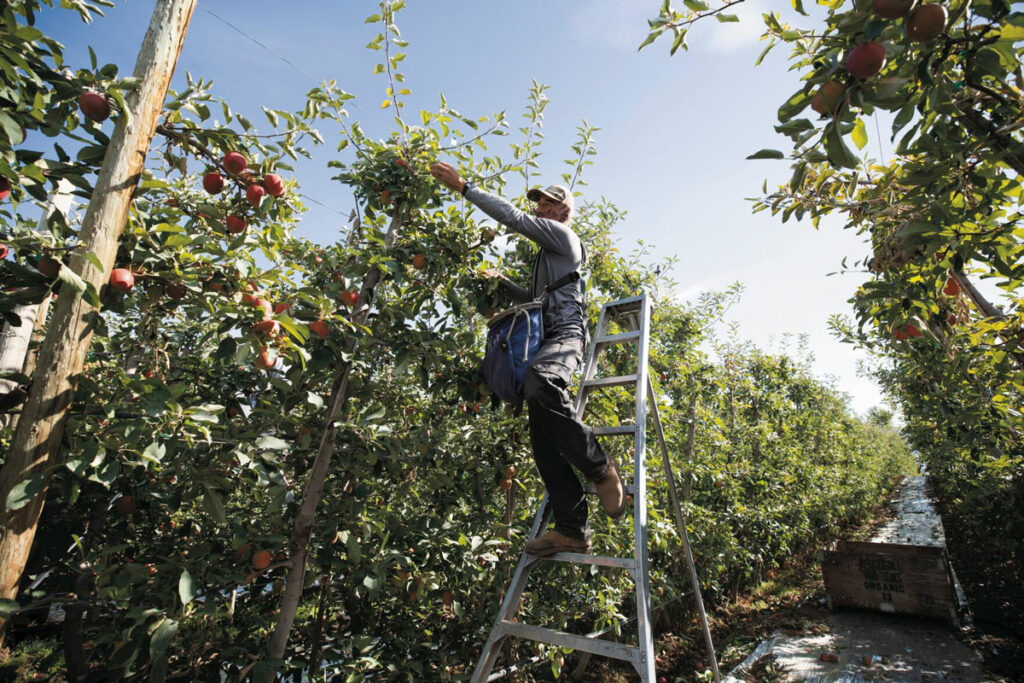
The Adverse Effect Wage Rate (AEWR), which sets the minimum hourly pay for H-2A workers, has risen significantly in Washington state over the years. In 2018, the AEWR was $14.12 per hour, and by 2024, it increased to $19.82 per hour.
This rate is higher than Washington’s general minimum wage, which is $16.66 an hour. The escalating costs of the AEWR have added financial challenges for farmers utilizing the H-2A program in Washington.
“The program has increased dramatically,” Gallardo said. She said smaller farms that rely on local workers face greater challenges. “The small farms that cannot afford the H-2A program may be the ones most affected,” she said.
For larger agricultural operations, these costs might be manageable. But smaller family farms say they are struggling.
“The growers, the organizations that own the orchards, the warehouses, the sale agencies — they can withstand these extra costs easier than the local family farmer,” Harnden said. “When regulations come down, costs come on and they’re going up every year. There is no relief.”
Luckstead said that relying on H-2A workers is not a feasible solution.
“The issue with H-2A visas is they’re expensive for farmers. There is a large overhead cost. … We are seeing larger farms buy up land from smaller farms. A mass deportation with smaller farms unable to take advantage of H-2A is just going to accelerate that,” Luckstead said.
Many are calling for a balanced policy approach that supports both the agricultural sector and its workers.
“Our growers need help,” Harnden said. “It’s a shame that there’s so much being put on them that they’re having to make decisions about whether they can even continue.”
Reneé Diaz may be contacted at renee.diaz@wenatcheeworld.com. Collaborative reporting by The Wenatchee World, NWPB and WSU’s Murrow College of Communication Newsroom Fellowship.

